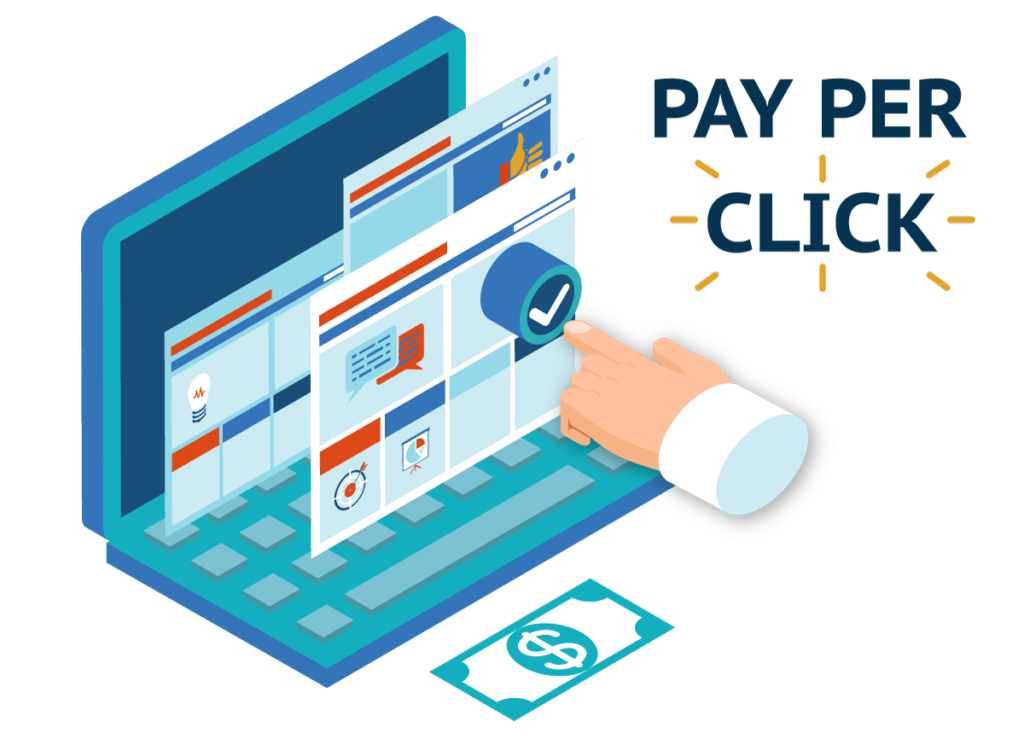Pay-Per-Click Advertising (PPC)

About Course
Pay-Per-Click (PPC) Advertising is a digital marketing model in which advertisers pay a fee each time their ad is clicked. Instead of paying to display ads, advertisers only pay when users interact with their ads by clicking on them. It is commonly used to drive traffic to websites, promote products or services, and increase conversions.
Key Features of PPC:
- Cost-Effective: Advertisers only pay for actual visits, not impressions (when an ad is displayed but not clicked).
- Targeted Advertising: Ads are shown to users based on specific keywords, demographics, location, interests, or behavior, ensuring they reach a relevant audience.
- Bidding System: Advertisers bid for ad placement in search engine results or on other platforms. Higher bids and ad relevance often result in better ad placements.
- Real-Time Results: PPC campaigns deliver immediate traffic and measurable results, making it easy to track and adjust strategies quickly.
Common PPC Platforms:
- Google Ads (formerly Google AdWords): The most popular platform for search engine-based PPC advertising.
- Bing Ads: Similar to Google Ads but for Microsoft’s Bing search engine.
- Social Media Ads: Platforms like Facebook, Instagram, LinkedIn, and Twitter offer PPC options for targeting audiences on social networks.
Types of PPC Ads:
- Search Ads: Appear in search engine results when a user searches for a specific keyword.
- Display Ads: Banner or graphic ads shown across websites within an ad network (like the Google Display Network).
- Shopping Ads: Product-focused ads that appear when users search for products.
- Video Ads: Ads displayed before, during, or after videos on platforms like YouTube.
PPC is a valuable method for businesses looking to attract immediate, high-quality traffic while controlling costs and targeting specific audience segments.
Course Content
Module 1: Introduction to PPC Advertising
-
Module 1: Introduction to PPC Advertising
Module 2: Understanding Search Engine Advertising
Module 3: Keyword Research and Strategy
Module 4: Creating Effective PPC Campaigns
Module 5: Bidding and Budget Management
Module 6: PPC for Social Media Advertising
Module 7: Analytics and Optimization
Module 8: Retargeting and Remarketing
Module 9: Advanced PPC Techniques
Module 10: Challenges and Best Practices
Module 11: Practical Application and Capstone Project
Student Ratings & Reviews

No Review Yet
